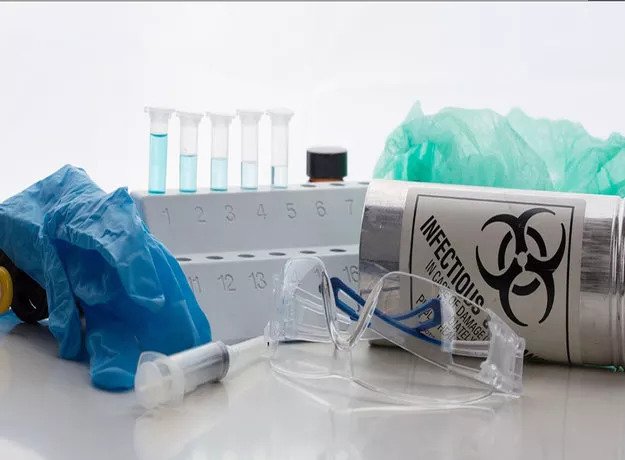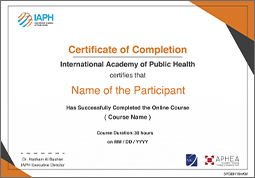Antimicrobial Resistance-Level 2
Description
AMR surveillance is the cornerstone for assessing the burden of AMR and for providing the necessary information for action in support of local, national and global strategies.
One of the five strategic objectives of the global antimicrobial resistance action plan that has been adopted by the sixty-eight World Health Assembly is to strengthen the evidence base through enhanced global surveillance and research.
The goal of this course is to equip the candidate with knowledge and skills that enabling them to collect, analyze and share the data on AMR at a global level, in order to inform decision making, drive local, national and regional action, provide the evidence base for action and advocacy.
Learning Outcomes
- Work with antimicrobial and diagnostic stewardship multidisciplinary teams
- Practice the international standard for laboratory practice
- Conduct monitoring, evaluation and development of AMR Surveillance
- Design AMR surveillance system
- International Standards for Laboratory Practice
- Bio-Safety in Laboratory
- Hazardous Pathogens
- Standard Precautions in Laboratory
- Introduction to Antimicrobial Surveillance
- Sterilization and Disinfection
- Technical Components of AMR Surveillance
- Threats of Antibiotic-Resistant Bacteria Outbreak
- Role of the Lab in Antimicrobial Surveillance
- Antimicrobial Consumption Monitoring

Duration:
30 Learning Hours
Accredited By:


Certificate

Are you interested in the course?
Get notified once the course is open by clicking on
Antimicrobial Resistance-Level 2
Thank you for registering your interest! We appreciate your enthusiasm for this course. As soon as it becomes available, we will reach out to you with all the details. Stay tuned!